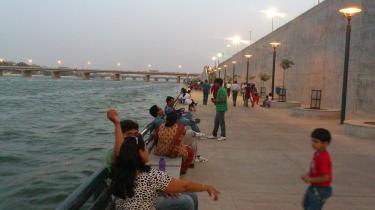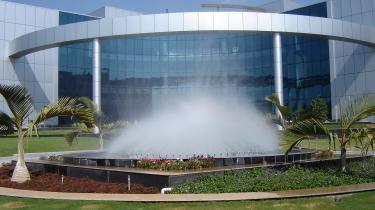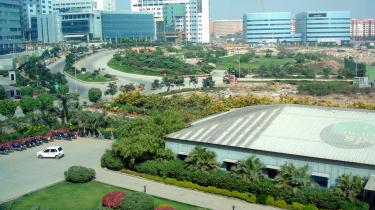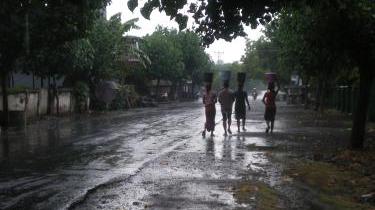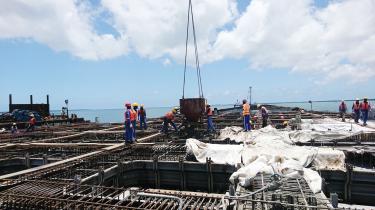Triple Line is fortunate to be able to combine our wealth of international urban expertise with the deep experience of our parent company, IPE Global, from 20 years of working on India’s urban agenda, from the urban local body level upwards. This has been harnessed to strong effect since 2015 in support of the Smart Cities Mission, India’s flagship national programme to accelerate urban economic growth that harnesses today’s technologies to deliver infrastructure and services for its citizens.
The ongoing pressures exerted by accelerating urbanisation in India, and the importance of its cities to economic growth, have long made urban development central to India’s overall poverty alleviation and economic development strategy. Over the decades, however, this has been held back by institutional weaknesses in urban planning, haphazard urban development and limited city-visioning and place-making.
Since 2015, the Government of India’s Smart Cities Mission aims, by 2022, to develop 100 ‘smart cities’ that provide essential infrastructure, a decent standard of living for its citizens and a clean and sustainable environment through the application of smart solutions. These embrace new and emerging digital and information technologies, urban planning best practices, public-private partnerships, and policy change.
Triple Line, working with our parent company IPE Global, has been part of this journey, working at national, state and city level to plan, design and implement smart city initiatives across India. This collaboration has drawn on the deep urban expertise of both our companies, combining our knowledge of global best practice with first-hand experience of urban planning and development from urban local body (ULB) level and up, across India’s towns, cities and states, over the past 20 years.
Our technical assistance has helped to create a large database of urban infrastructure and technology initiatives across Indian cities
Our support for the Smart Cities Mission has included national-level activities such as policy advocacy, international partnerships and city-to-city cooperation and city-level activities focused on project management support for the planning, procurement and implementation of smart city reforms, technologies and systems. Our technical assistance has helped to create a large database of urban infrastructure and technology initiatives across Indian cities including:
- Municipal services: 24x7 smart water systems, zero-discharge wastewater, hybrid utility infrastructure and waste management,
- Urban mobility: street sector and smart road profiles, enhancement of public transportation, e-mobility, parking management and policy frameworks,
- Urban regeneration: high-density mixed-use re-development, affordable housing, improved public realm, resilient infrastructure, improved public safety, inclusive planning, city-to-city cooperation, feasibility studies and impact assessments, development control regulations, landscaping and urban design guidelines,
- Incubation and IT integration: networking and hackathons to develop urban solutions for start-ups, Integrated Command & Control Centres (ICCCs).
2015, India's Smart City Mission has helped to transform the built environment through the adoption of smart city planning and deployment of smart technology solution to improve the quality of urban life and promote climate resilient and more inclusive growth. Triple Line’s and IPE Global have contributed their part to this journey, providing support for interventions that have resulted in substantial new investments and more integrated and sustainable urban development, leading to improved quality of living for India’s city populations and more resilient and inclusive urban growth.
Title photos:
Sabarmati Riverfront, Ahmedabad by Manjil Purohit | Attribution-ShareAlike 3.0
Satyam Tech Center, Hyderabad by Ranjit Nair | Attribution-ShareAlike 3.0
MindSpace Campus, Hyderabad | Attribution-ShareAlike 2.0
